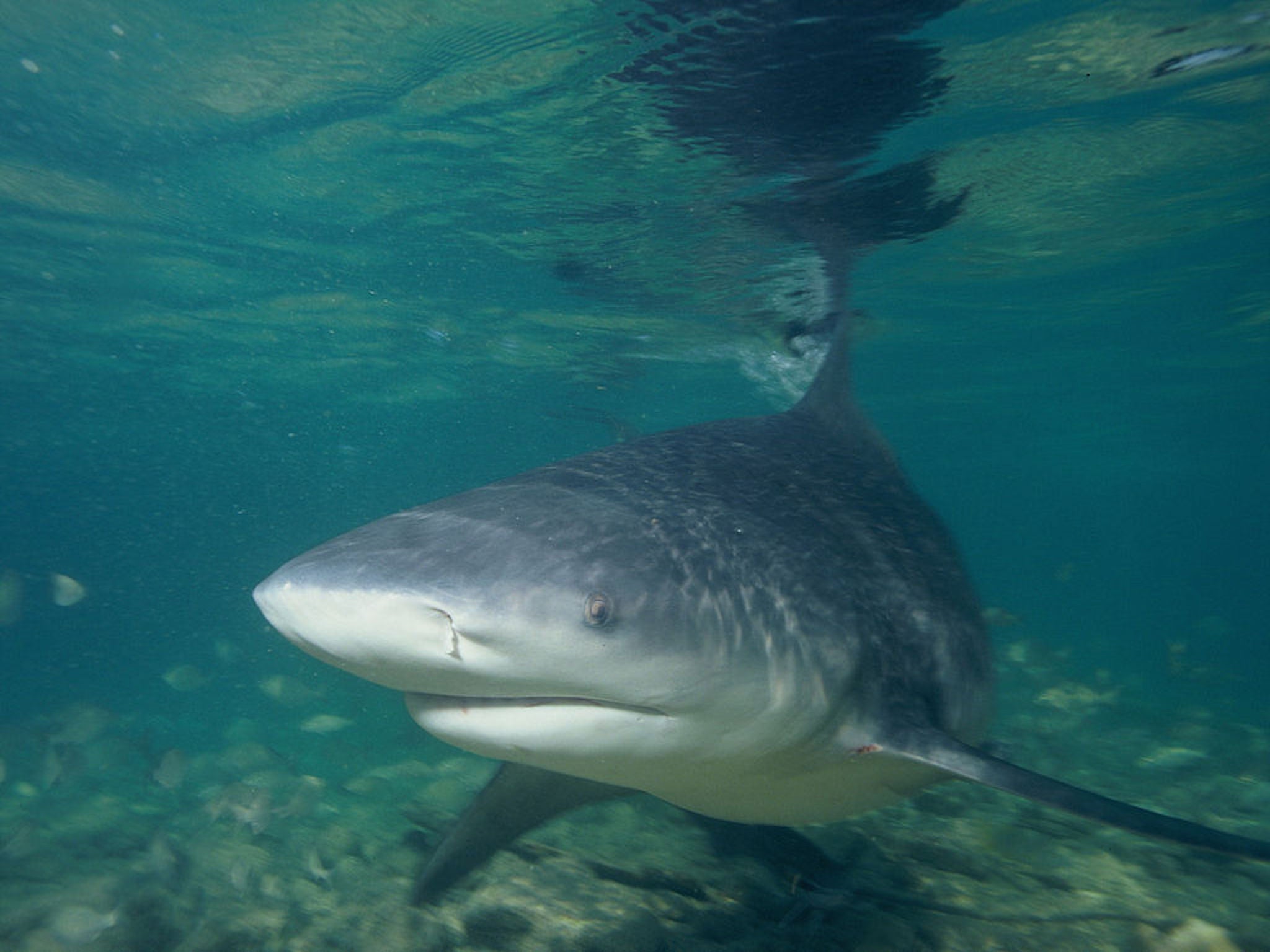Shark attacks are up this year in the US, should you stay out of the water?
Two more attacks in North Carolina on the weekend have people worried about sharks

Two more swimmers were attacked by sharks this weekend in North Carolina, bringing the total of shark attacks in that state this year to six, including two attacks on the same beach on the same day earlier this month.
In 2014, North Carolina saw just four shark attacks all summer. The 2015 attacks already are a 50 per cent increase on last year and two months remain in the high summer season.
Whenever a shark attack is reported, it makes beach-goers think twice before dipping a toe into the ocean. But should vacationers avoid the ocean this year?
Why have shark attacks spiked so far this year?
Jack Musick, a shark and turtle expert with the Virginia Institute of Marine Science, said 2015 attacks are an uptick from 2014. He said the increase in attacks may be influenced by the water warming up earlier this year, bringing more swimmers into the ocean earlier in the season, according to the Virginian-Pilot.
Mr Musick also said the warm water leads to the potential for more turtles and other fish that sharks eat, bringing the predators closer to shore.
How can you avoid being bitten by a shark?
Experts advise not swimming with open cuts or shiny jewelry, both of which attract a shark’s attention. Also recommended is not swimming alone.
Should you find yourself threatened by a shark, aim blows to the nose of gills of the animal. Both areas are sensitive and are likely to scare off the shark.
Should you just stay out of the water?
While it would take some shark to attack you if you never go into the ocean, experts say attacks are still so rare that it should not change your behavior.
"More people in the water, waters warming earlier in the year and an increase of sharks can account for much of what we're seeing," Mr Musick told the Virginian-Pilot. “But when you compare the numbers with the billions of hours people spend in the water, it's nothing.
"You are more likely to get struck by lightning."
Follow @PaytonGuion on Twitter.
Join our commenting forum
Join thought-provoking conversations, follow other Independent readers and see their replies
Comments
Bookmark popover
Removed from bookmarks